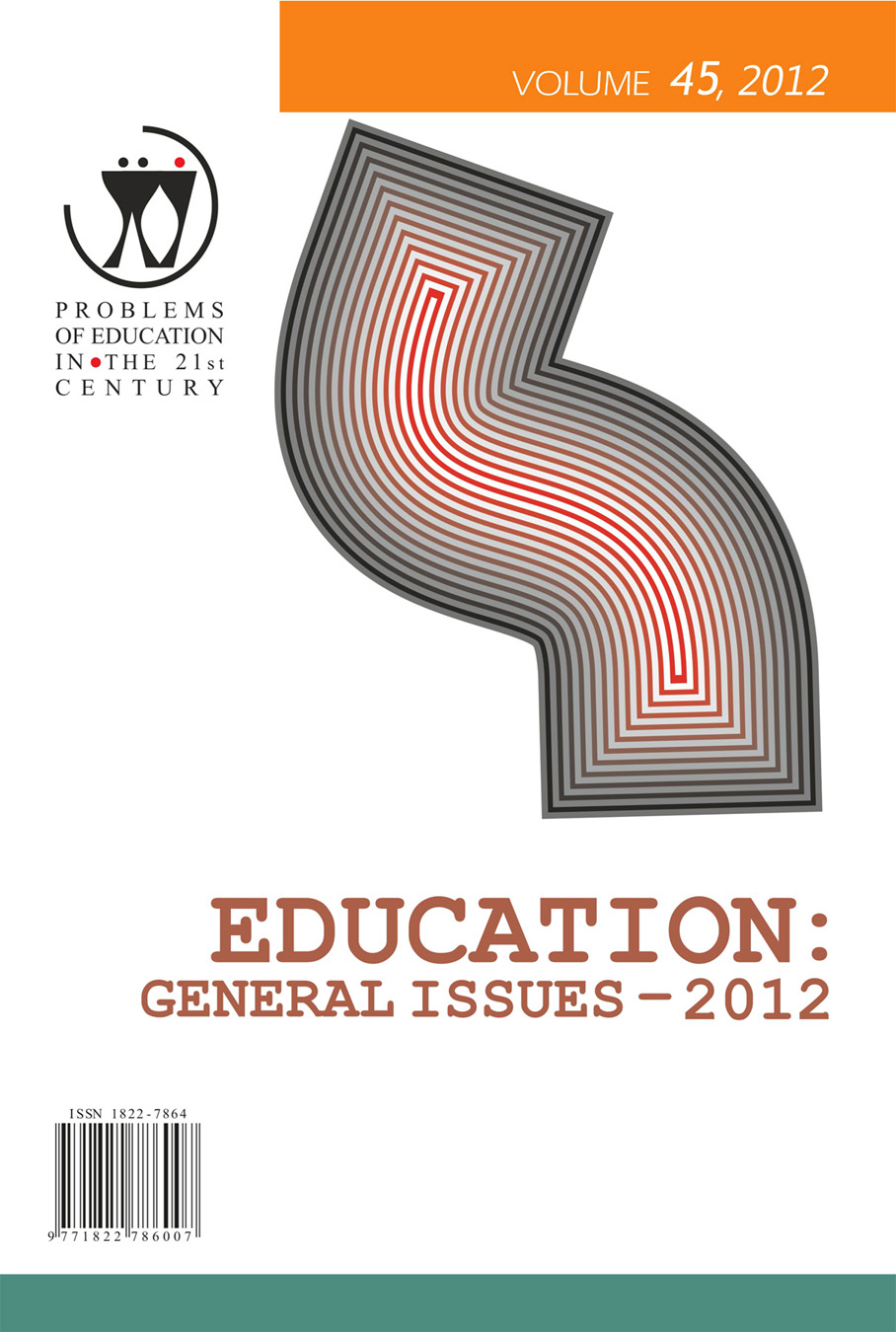THE QUALITY OF CHILD TRAINING IN THE PRE-SCHOOL INSTITUTION: PARENTS‘ POINTS OF VIEW
THE QUALITY OF CHILD TRAINING IN THE PRE-SCHOOL INSTITUTION: PARENTS‘ POINTS OF VIEW
Author(s): Daiva Malinauskienė, Roberta PranaitytėSubject(s): Social Sciences, Education, Preschool education
Published by: Scientia Socialis, UAB
Keywords: children; education quality; institution of pre-school education;
Summary/Abstract: Lately, strategic documents prepared by Lithuanian and foreign educational institutions and recent discussions held by pedagogical societies and stakeholders have considered the issues of education quality. The question of ensuring quality has become one of the key priorities of educational policy assisting the system of education in Lithuania with integration into the space of European context. The status of the family can hardly guarantee the required conditions for self / educating children at home in all cases. Therefore, high-quality facilities should be a crucial aspect of training provided by the educational institutions since early childhood. Pre-school education in Lithuania, as one of the stages of a successive educational system, meets the basic needs of a child, including safety, activity and self-expression. Therefore, assessing a real situation in pre-school institutions seems to be an important point providing information on the needs for obtaining high quality self/education and training services, which is the way to implement one of the purposes of pre-school education – to help the family with fostering all qualities of a child (intellectual, emotional, volitional and physical) determining personal maturity and social success thus offering the programme of pre-school education and/or required educational help for the child or family. Empirical research has revealed parents’ points of view to the quality of education and quality evaluation and helped with identifying the factors that may have an impact on child self/education.
Journal: Problems of Education in the 21st Century
- Issue Year: 45/2012
- Issue No: 1
- Page Range: 40-50
- Page Count: 11
- Language: English

